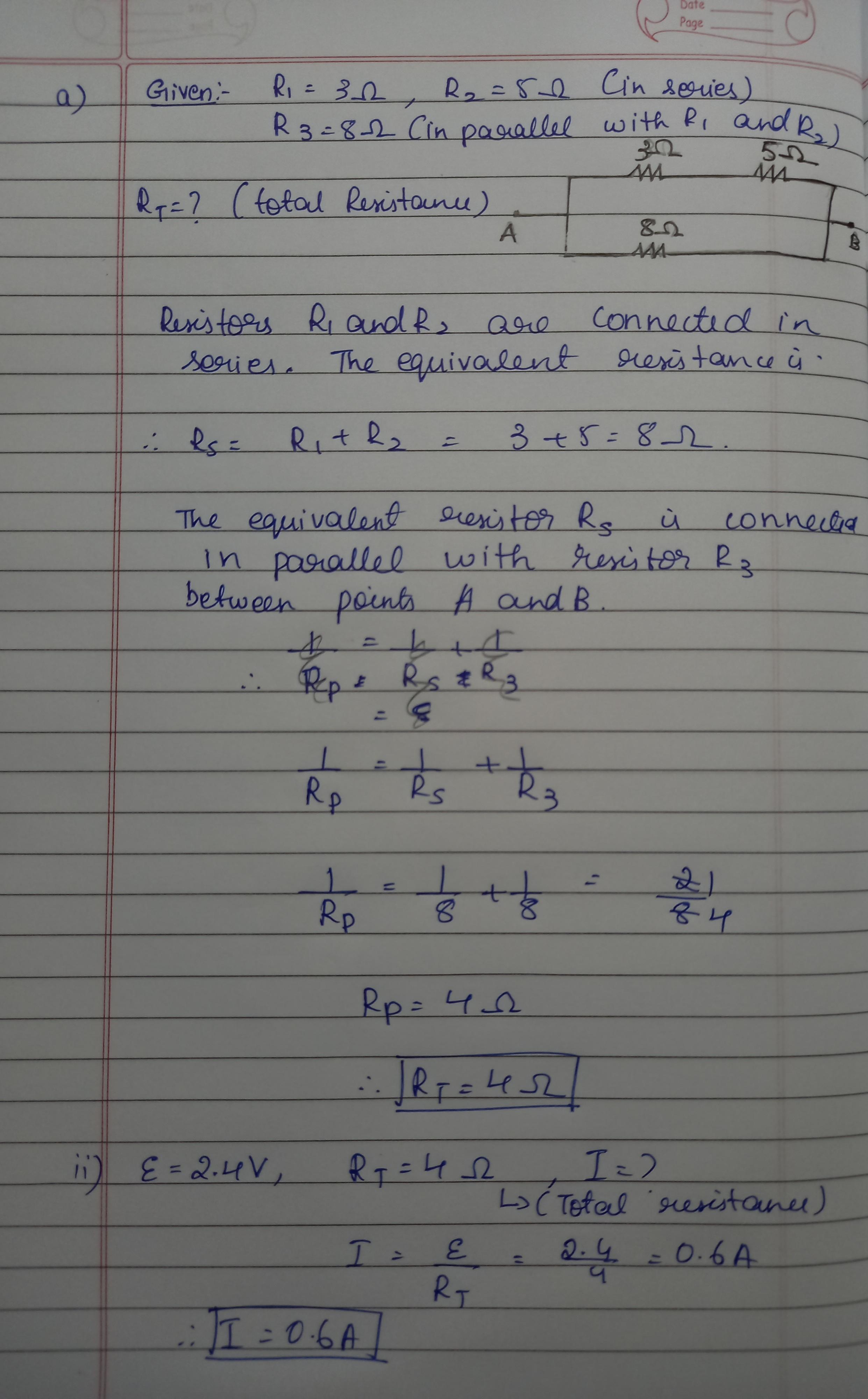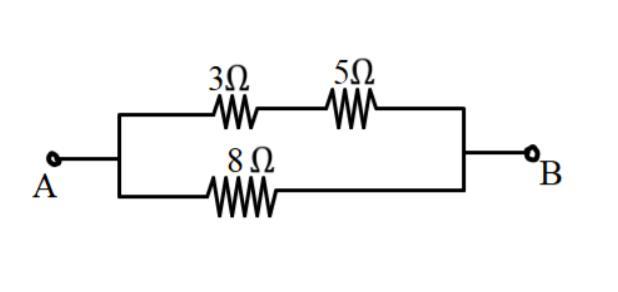What is the value of cos(n-1)π. and cos(n+1)π need detailed explanation.
Answers 2
Answer:
cos(n+1)π is a function of n. It doesn't have a fixed “value”. The output is determined by the input. For example, if we let n=0.3841 radians, then (cos(0.3841+1))*π = (cos(1.3841))*π = (0.18561)*(3.14159) = 0.58312 (roughly).
-
Author:
ethan487
-
Rate an answer:
8
Answer:
cos(n+1)π is a function of n. It doesn't have a fixed “value”. The output is determined by the input. For example, if we let n=0.3841 radians, then (cos(0.3841+1))*π = (cos(1.3841))*π = (0.18561)*(3.14159) = 0.58312 (roughly).
-
Author:
alanivyy0
-
Rate an answer:
10
If you know the answer add it here!
Choose a language and a region
How much to ban the user?
1 hour
1 day
100 years


